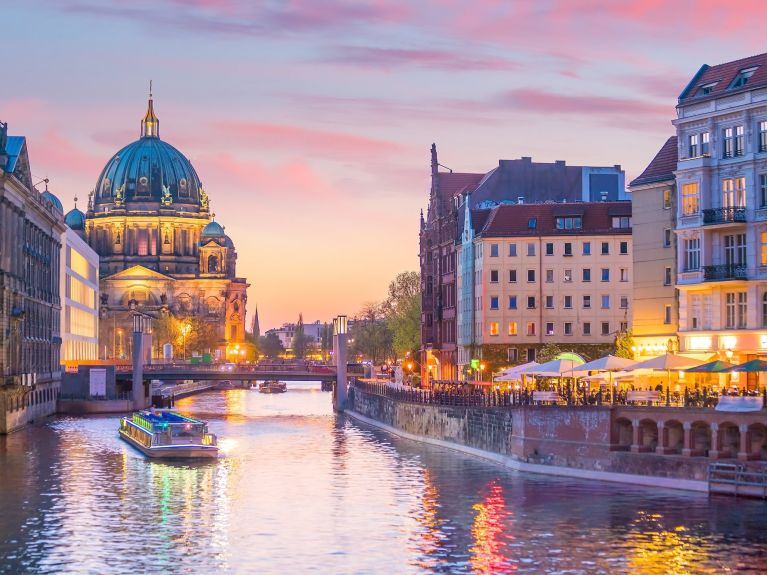A view of Europe from Germany
Despite the difficulties, the EU needs to be able and willing to represent European interests in the world as well, says Ulrich Ladurner from the German weekly newspaper Die Zeit.

We have asked journalists from European states about the future of Europe – this is Ulrich Ladurner’s response. He writes for the German weekly newspaper Die Zeit.
Germans are committed Europeans, because they have learned the right lessons from their history. This statement is something often heard. No matter how right it may be, it can also be read differently. Europe offered Germans the chance to escape its own history. That’s putting it rather pointedly. But in no other European country do people view Europe so fervently as a project to overcome the national state, as if this were the source of all evil. But it is often forgotten that many Europeans actively resisted the National Socialists in the name of their nations. In view of this fact, Germany should exercise a little more realism and a sense of proportion. German expectations of Europe are often not the same as those of other Europeans. A look beyond one’s own backyard would do Germany good.

Although the European Union may well be on the way to becoming a federal state, the way there is long and arduous, and there is no certainty that a final goal will be reached. The European Union is a classic example of work in progress, an open-ended process. That is why it is pointless to talk about the goal. It is more rewarding to tackle the tasks and challenges we now face. The issues are clear for all to see: climate, digitalization, migration, defence.
Europe has to be sovereign, if it wants to stay independent
People keep saying that these issues can only be solved together, on a European basis. But this belief has to be filled with content. And this again calls for realism. The European Union will not be able to offer the one and only solution to these issues at the drop of a hat. But it will make progress, maybe at snail’s pace, but still moving forward. In so doing, Europeans need to have the feeling that, despite the slow pace, and despite the strenuous efforts, the EU is gradually gaining the abilities to represent its interests in the world. Europa has to be sovereign, if it wants to remain free. Achieving this sovereignty will be the sum of small steps, day by day. More cannot be expected, nor can less. Those who are impatient should be aware of this: Europe is the idea that national states can work together for mutual benefit, sometimes more intensely, sometimes less intensely. That may sound trite, but up to now it is the best idea on offer.
Ulrich Ladurner was born in South Tyrol in 1962 and has been a foreign correspondent with the weekly newspaper Die Zeit since 1999. For more than two decades he has reported from war zones. He has been the European correspondent for Die Zeit in Brussels since 2016 and has also published numerous books.
You would like to receive regular information about Germany? Subscribe here:

